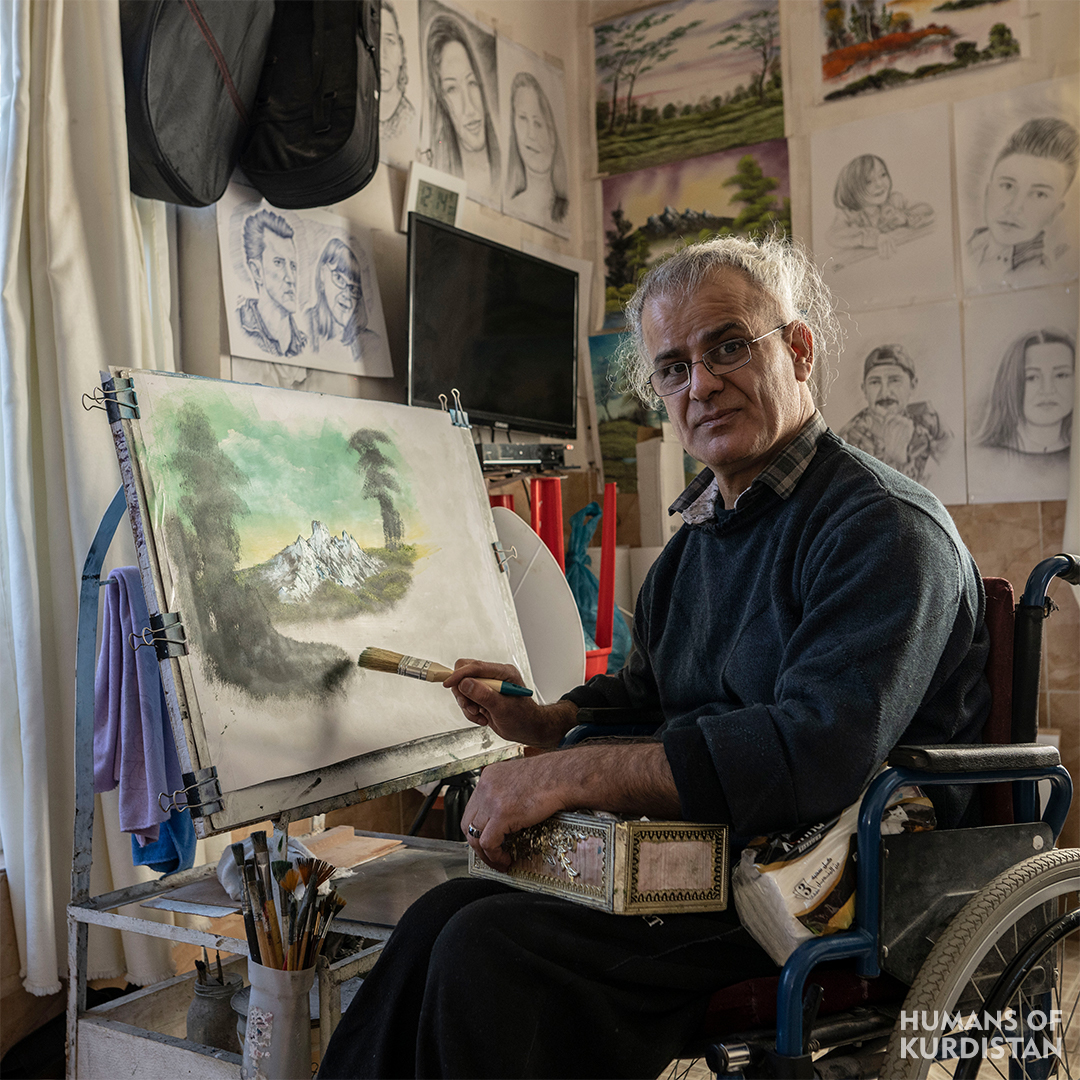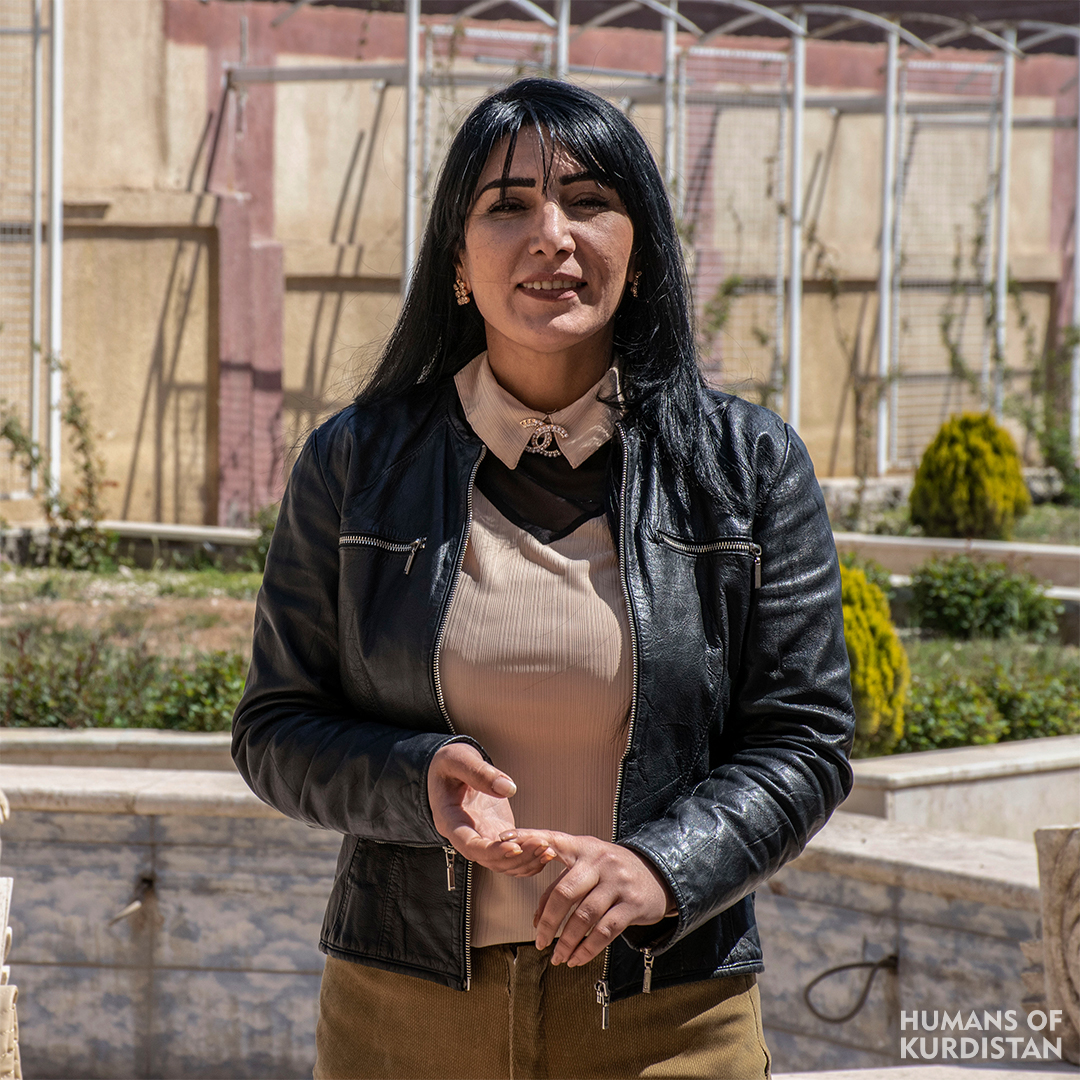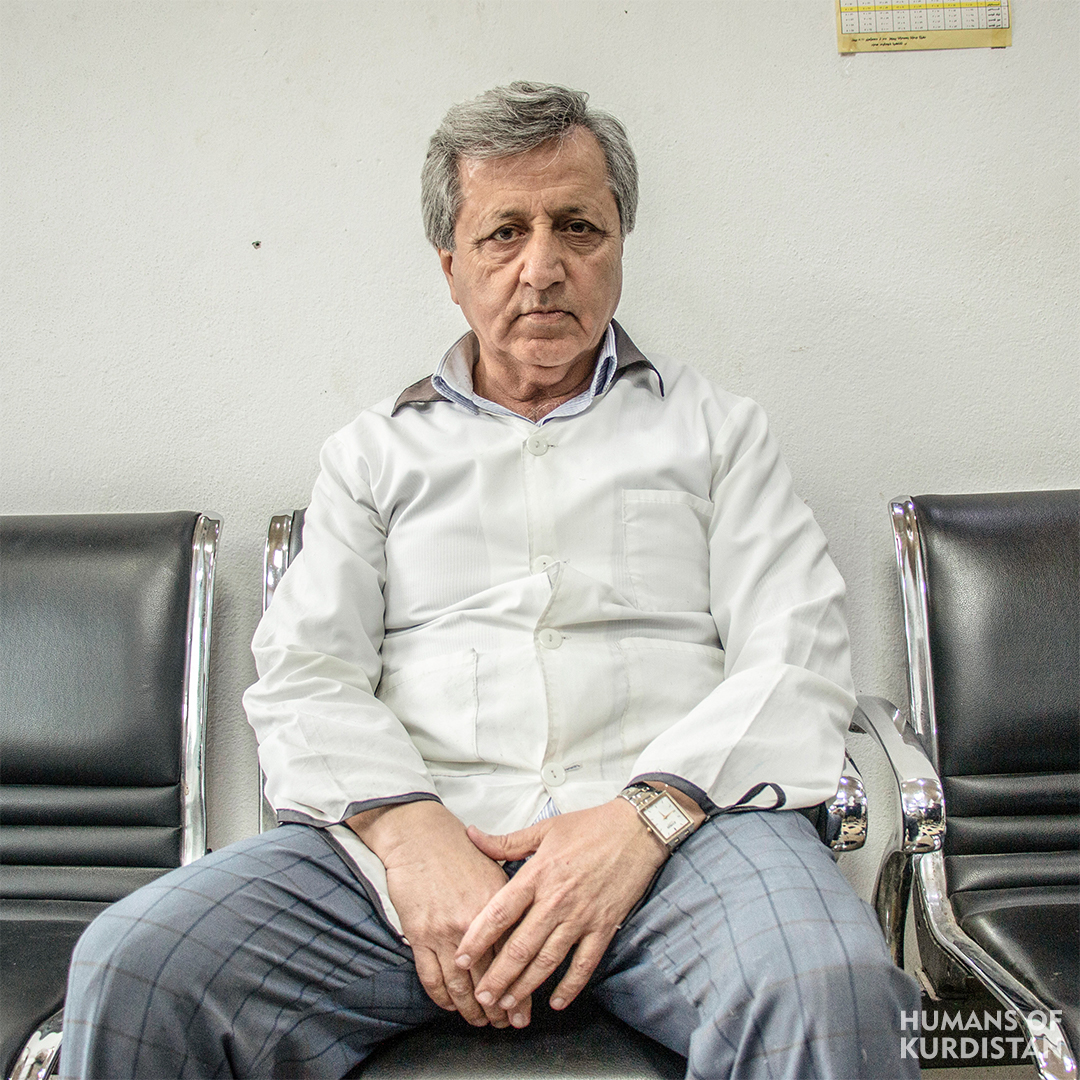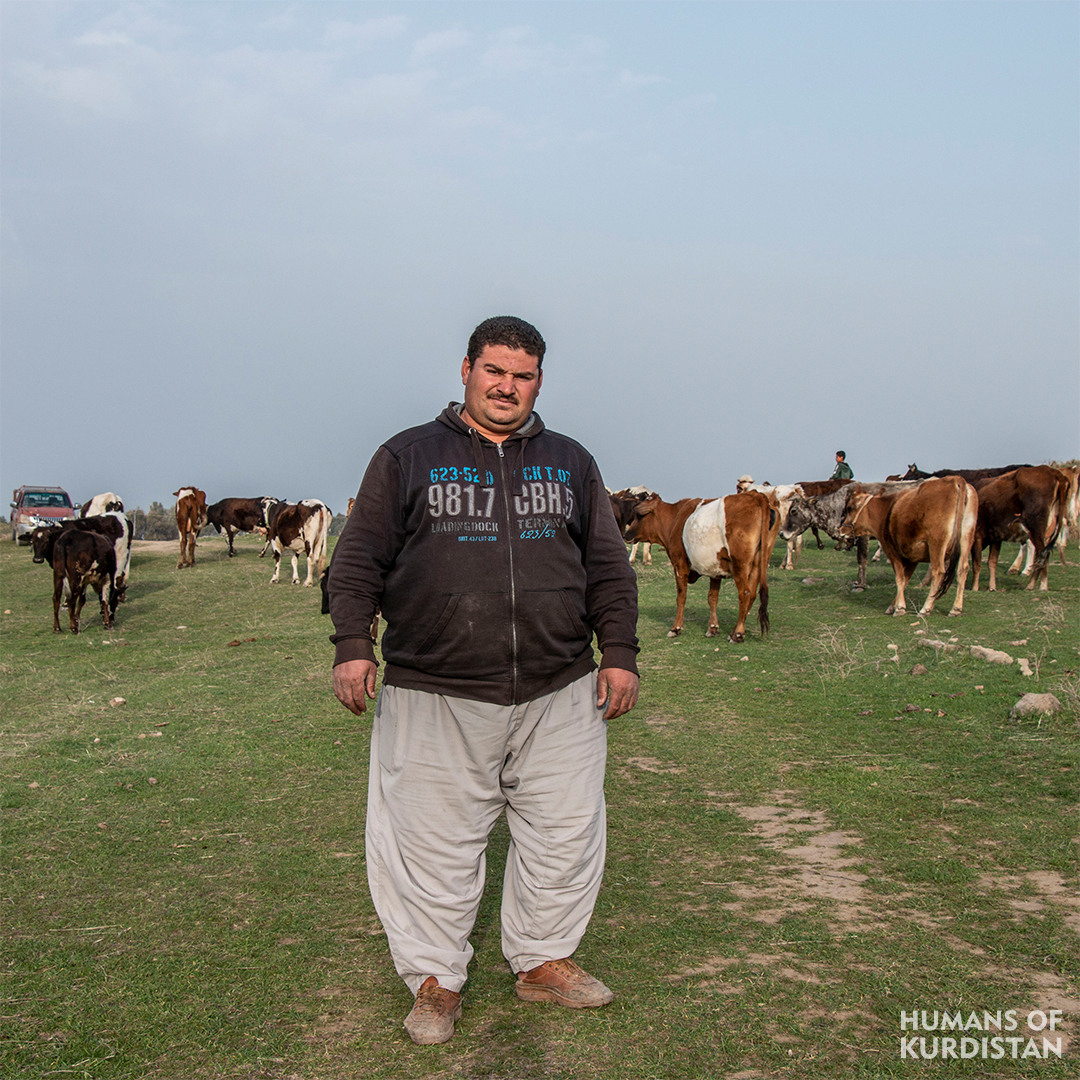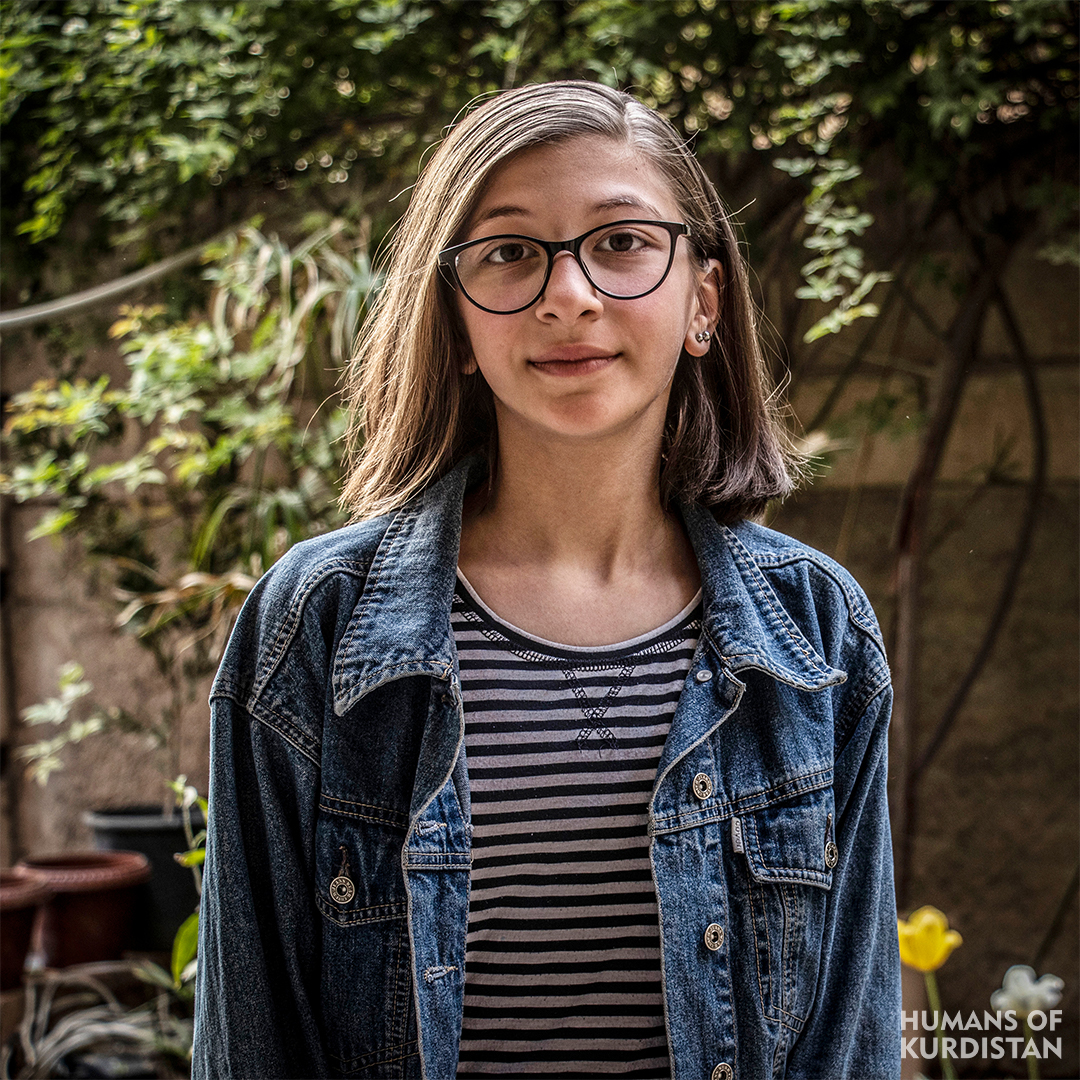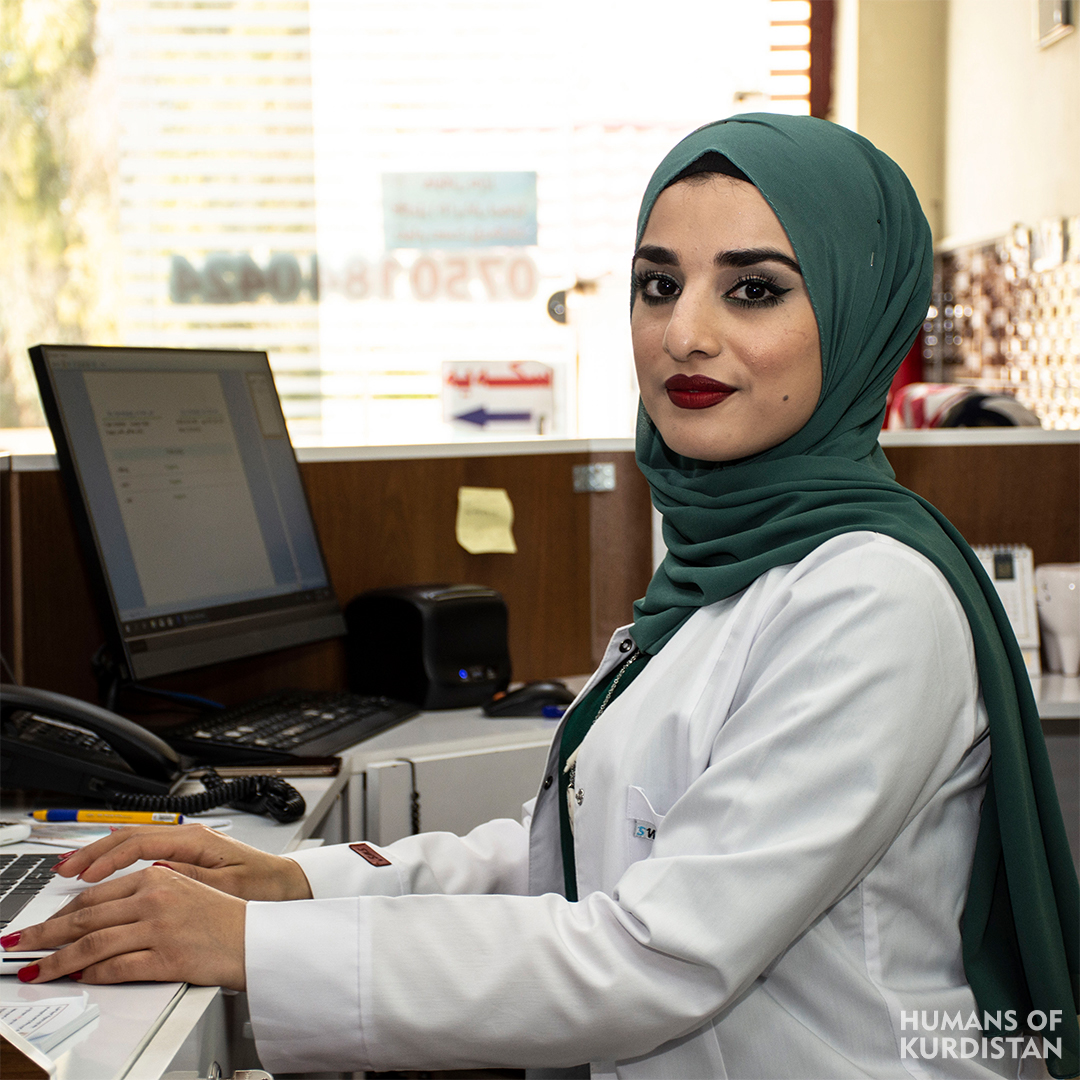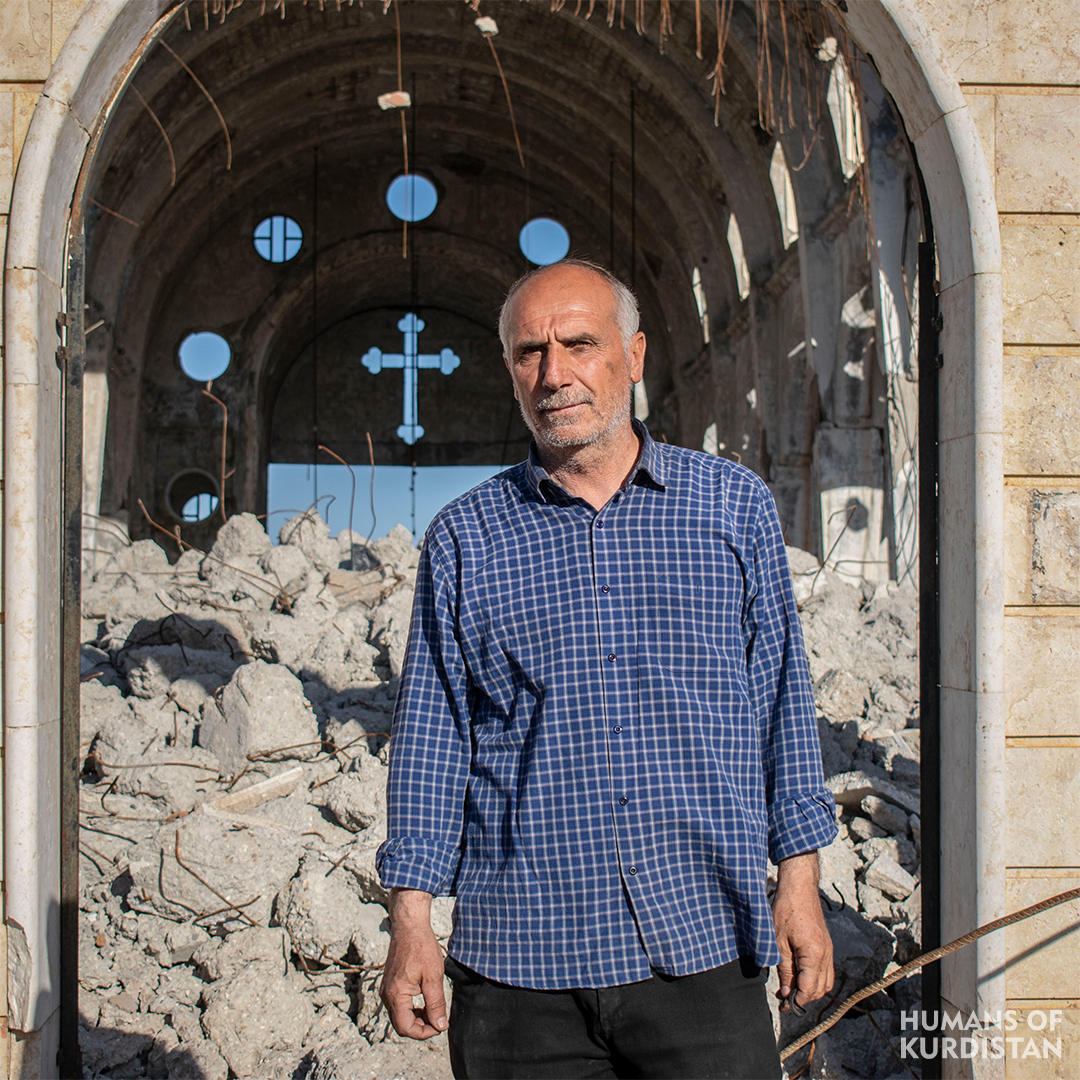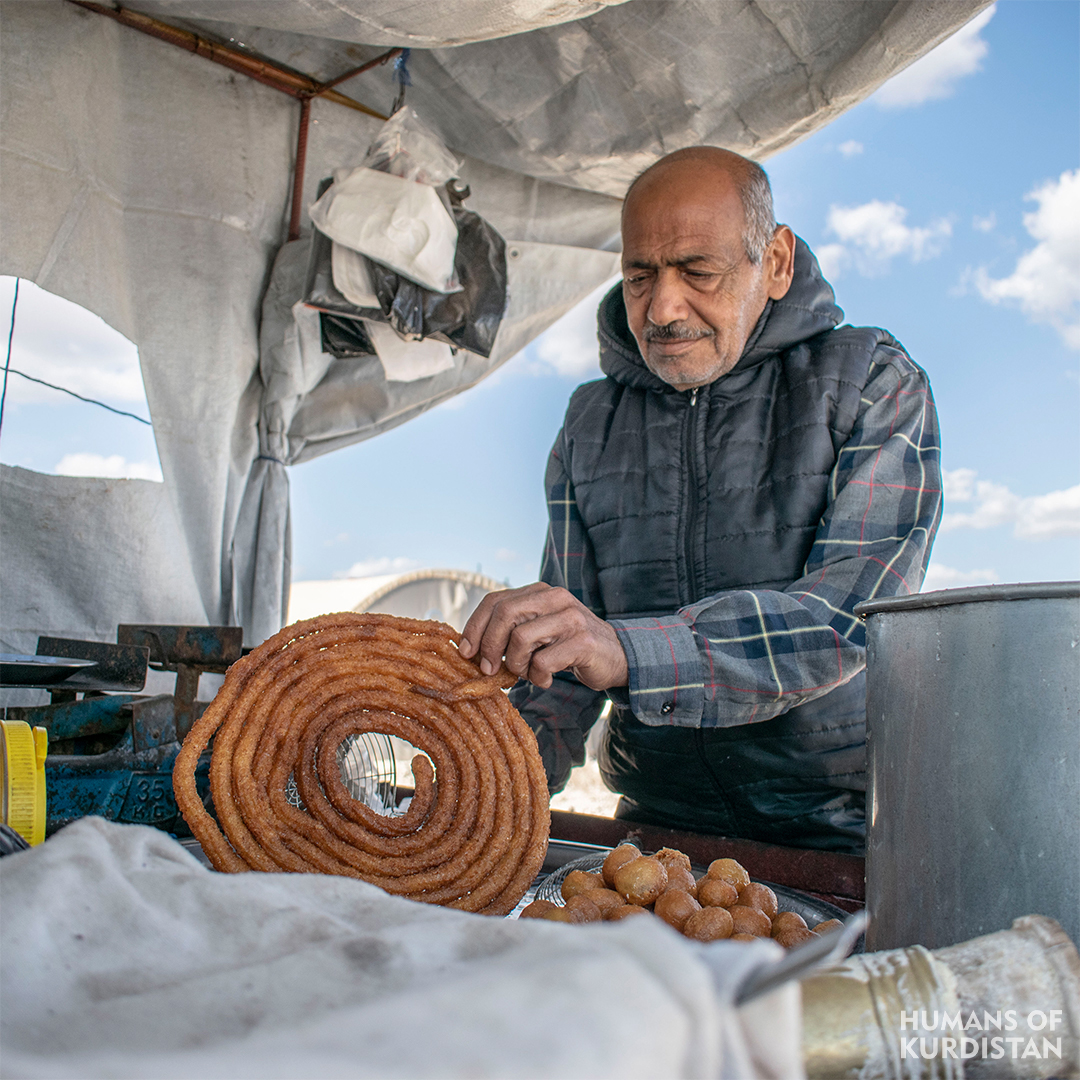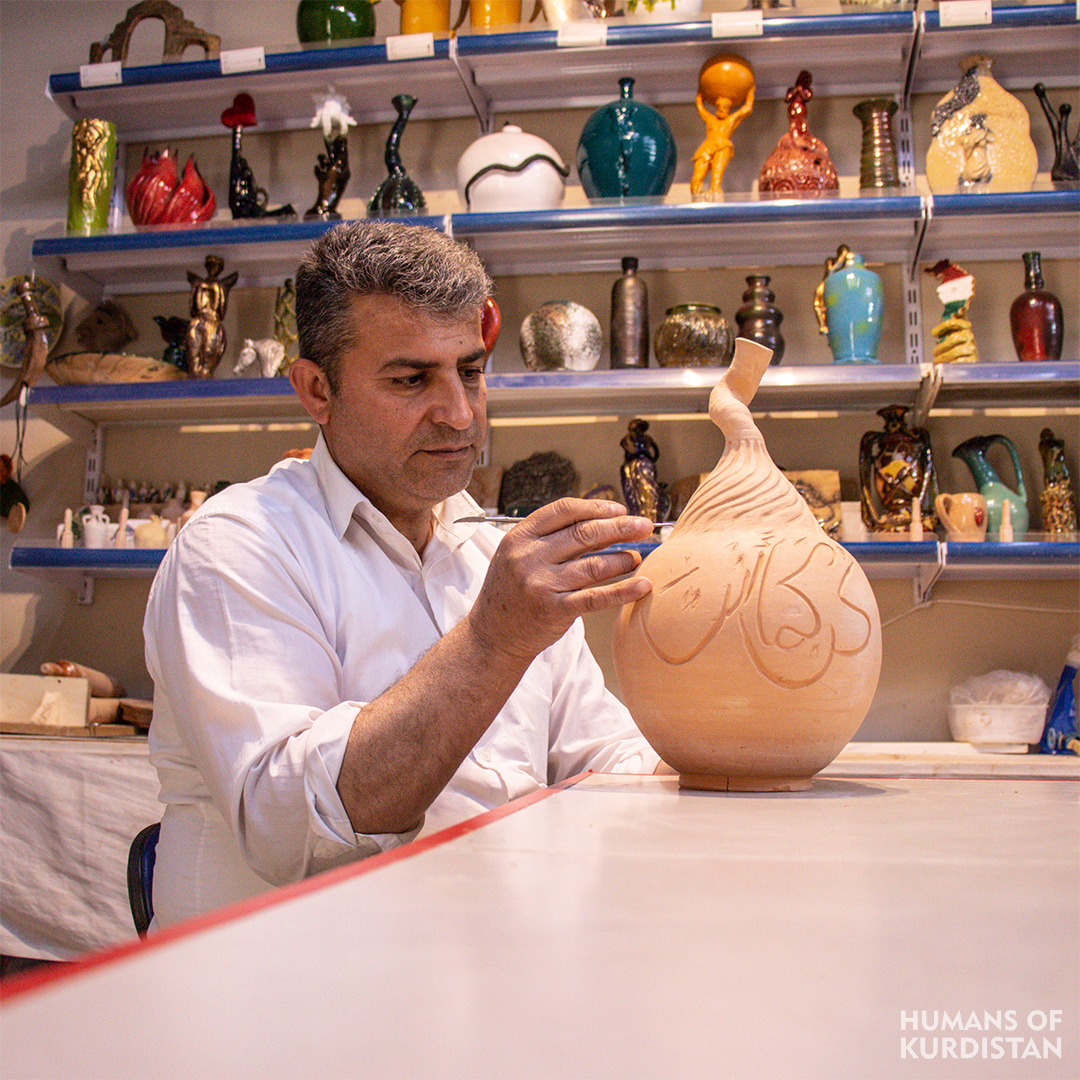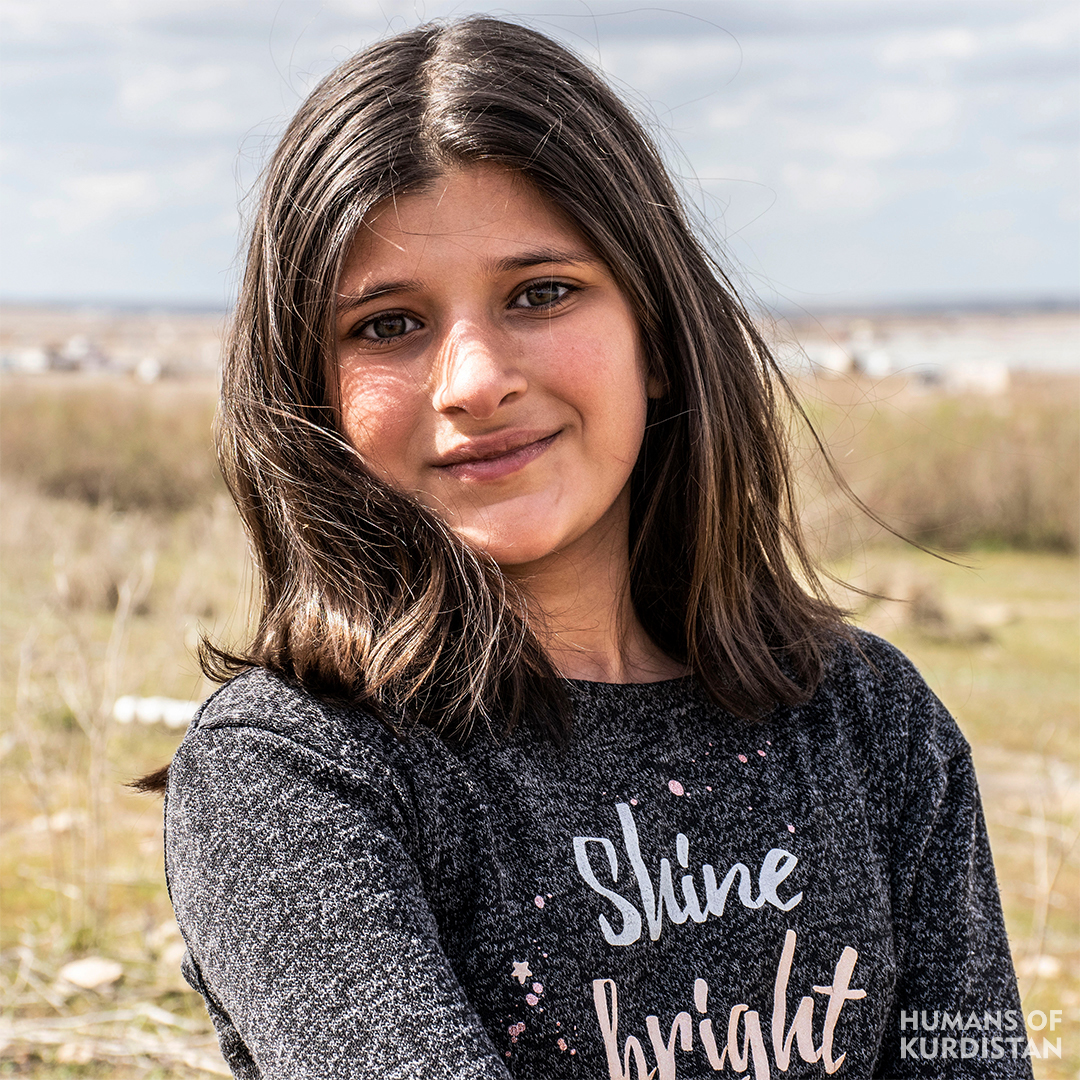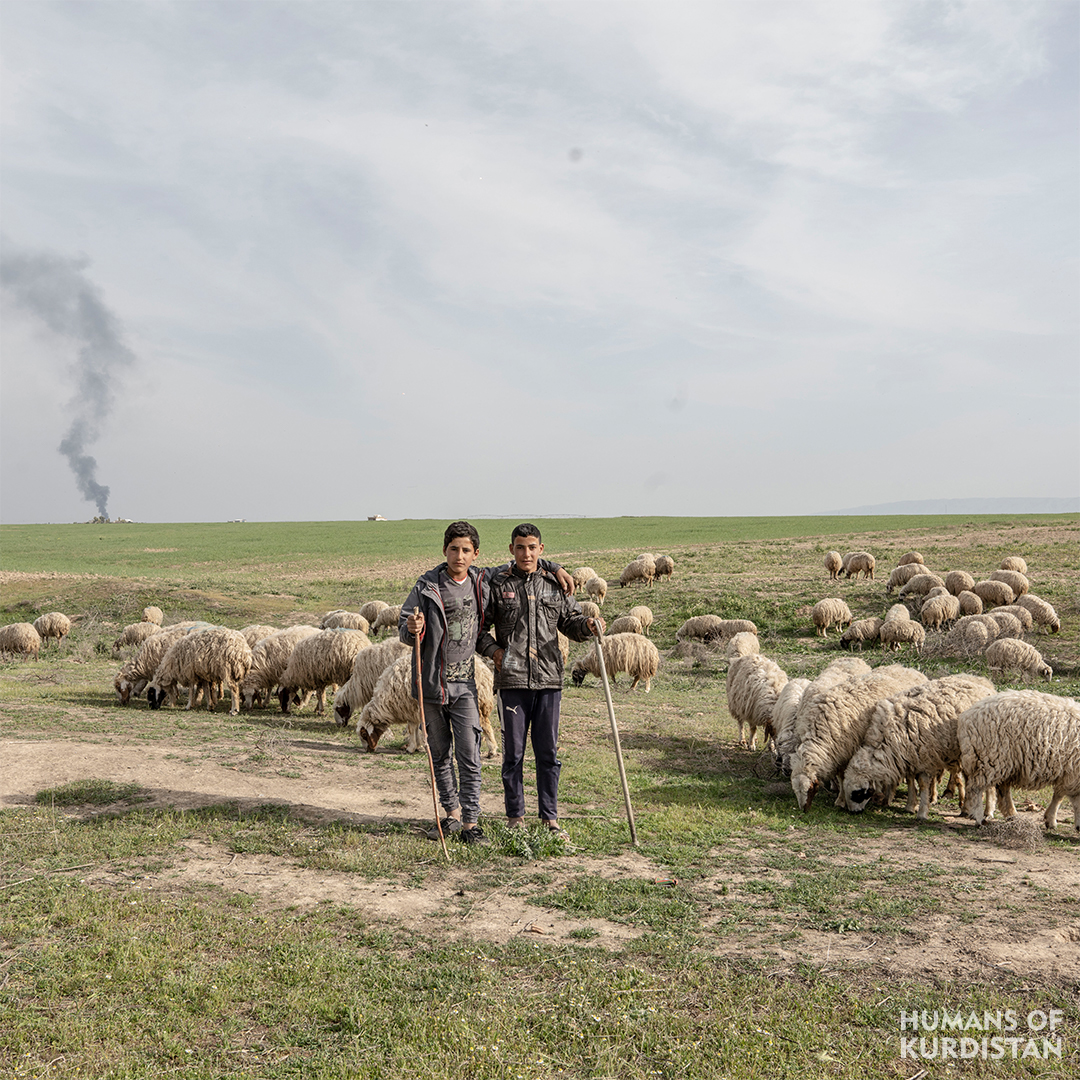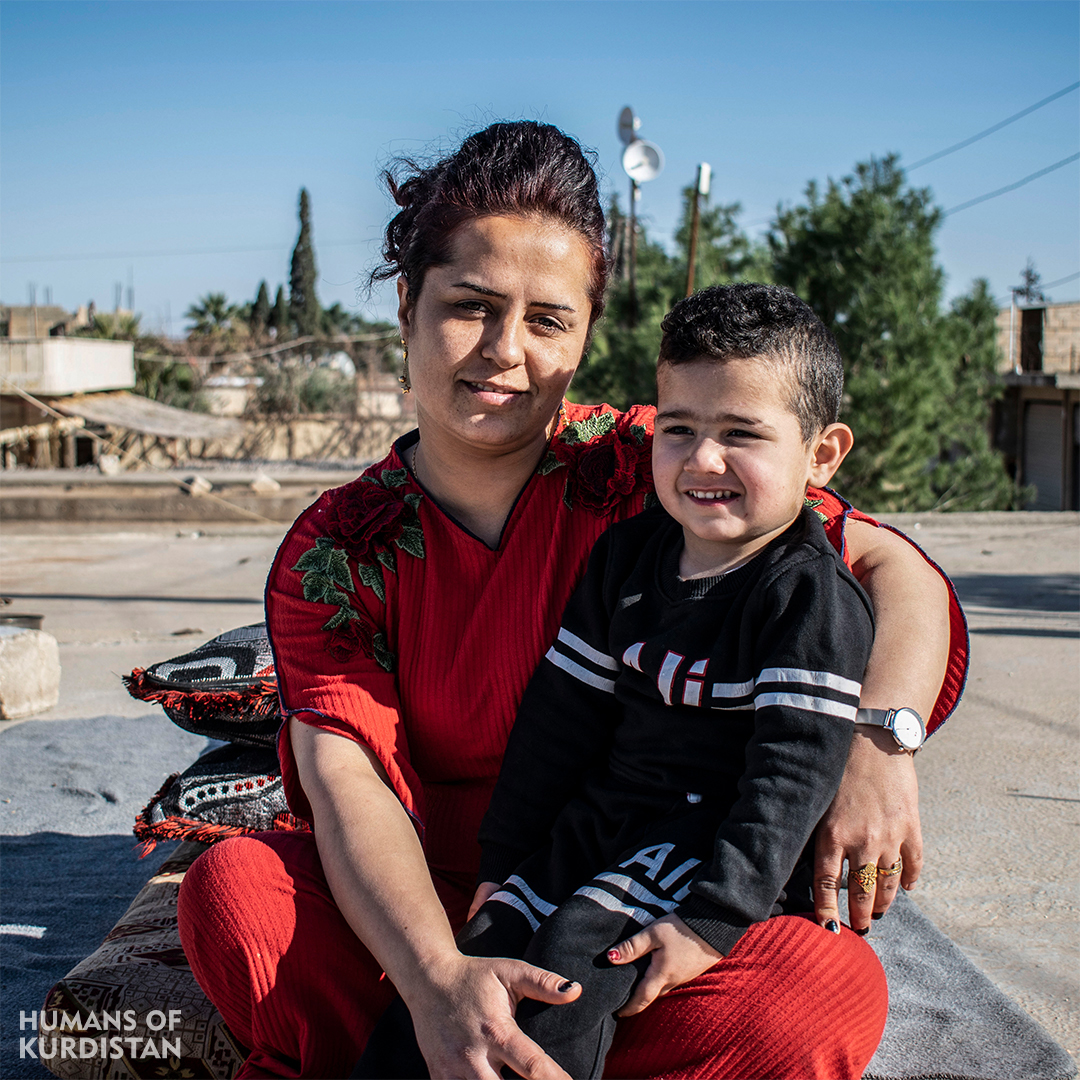May 3, 2021
“After the civil war in Kurdistan, unemployment was at its peak, life was getting tougher by the day so I decided to go to Iran for work with a friend of mine. We were working in a factory, the working hours were too many, and so we used to go for trips from time to time. There was a place called Sarab, I was going there so much they started calling me Omar Sarabi, and that's become my nickname. I then decided to go to Turkey, I stayed there for a while and then wanted to go to Europe. I had to go through smuggling, and if I wasn't able to make it, I had to work and gather some money and then try again. One day while I was working, a big logistics device fell off and hit me in my back”. “I was unconscious due to the pain. When I was conscious again, I was at the hospital and in bad shape. The doctor told me that my spinal cord had been damaged, and that my legs will never be able work again. The pain of being away from my family, my loneliness, and physical pain all had mixed up. I was in a very bad mental state. I will never forget the nurse that helped me every day to recover. Staying there became meaningless for me, and so I decided to come back to Kurdistan. My mother was extremely sad for me. I became a disabled person, and decided to follow the hobby that I used to have. I started painting portraits, and pictures of nature, and was able to slowly adapt to my new life. Once I became more familiar with social media, I was posting my paintings online. People started to get to know me from all around Kurdistan, and they used to come visit me, take photos with me, and hear my story”. “I got to know a lady who admired my work, we started to fell in love with each other. We used to make video calls every day. When she came in my life, I started growing hope every day, life was becoming better every day. Unfortunately, her sister made came in between us, and we couldn't get married. She believed that a disabled person doesn't deserve to marry a normal person, and that hurt me and made my life difficult again. I express my pain through playing the Nay. I see my nephews every day, I hug them, play with them, and they make my life easier. One thing that I can never hide is that what keeps me alive are my brushes, paintings, and my Nay, not people's likes and comments online. What keeps me alive are the pigeons that come sit on my lap, and I get to smell freedom from them”. ...


